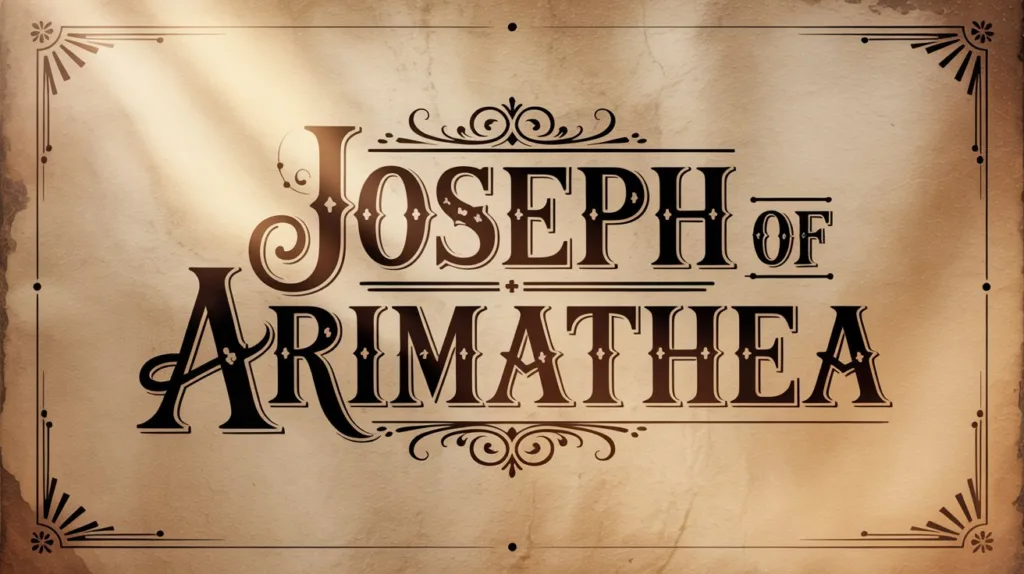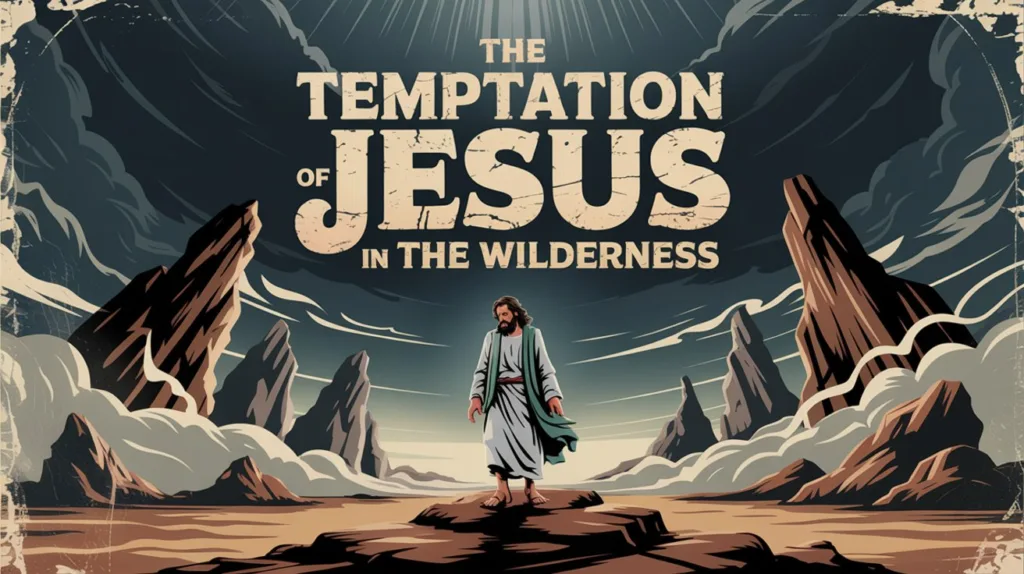Mary of Bethany: The Sister of Lazarus
Among the women of the New Testament, Mary of Bethany stands out as a profound example of devotion, love, and spiritual insight. She was the sister of Martha and Lazarus and appears in three separate passages that reveal her heart toward Jesus. Each encounter...










